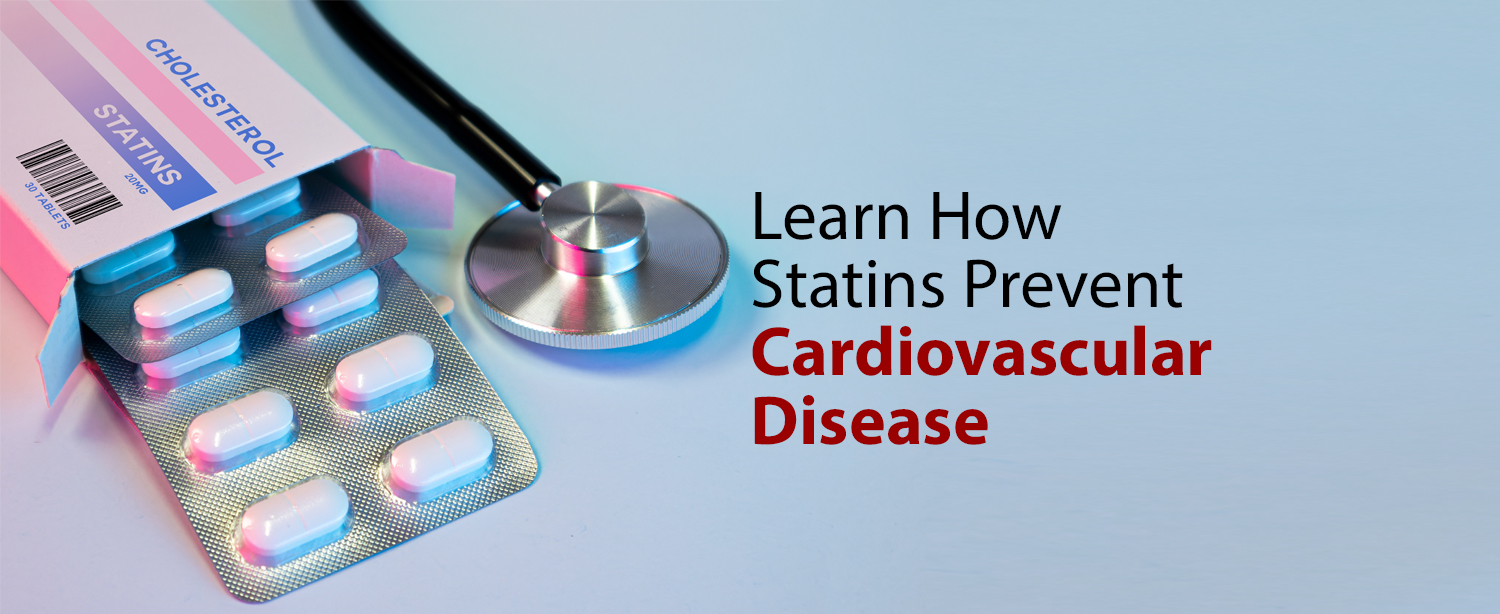Cholesterol is a fat-like, waxy substance that your body needs for good health, but in the right amounts.Cholesterol levels are a vital health indicator, and managing them is crucial for preventing severe health conditions like heart disease, stroke, and peripheral artery disease (PAD). Cholesterol and other fats are carried in your bloodstream as spherical particles known as lipoproteins. The two most commonly known lipoproteins are low-density lipoproteins (LDL) sometimes called “bad” cholesterol and high-density lipoproteins (HDL), sometimes called “good” cholesterol.Medical statistics suggest that 6 in 10 Indians have abnormal levels of bad cholesterol.For individuals with high cholesterol, particularly the ‘bad’ LDL cholesterol, healthcare providers often recommend statins, a class of medications known for their effectiveness in reducing cholesterol levels and protecting the heart.
Table of Contents
What Are Statins?
Statins are medications that lower your total cholesterol by primarily reducing the production of LDL cholesterol and triglycerides in your body. They work by blocking a specific liver enzyme known as HMG-CoA reductase, which is essential for producing cholesterol. By inhibiting this enzyme, statins effectively lower the levels of cholesterol in the blood.
The Benefits of Statins Beyond Cholesterol Reduction
Statins not only reduce cholesterol levels but also offer several other cardiovascular benefits:
- Improving Endothelial Function
They help improve the function of the endothelium, the inner lining of the blood vessels, enhancing overall vascular health. - Reducing Arterial Inflammation
Statins reduce inflammation within the arteries, which is a key factor in the progression of atherosclerosis, the build-up of plaque in the arteries. - Preventing Plaque Build-up
These medications help keep existing plaque from becoming more extensive, thus reducing the risk of acute cardiovascular events. - Protecting the Heart Muscle
Statins are associated with a decreased risk of heart failure by protecting the heart muscle from further damage.
Who Should Consider Taking Statins?
Statins are recommended for individuals with high levels of LDL cholesterol, those with a previous history if heart attack or stroke and those at high risk of developing cardiovascular disease. This risk is particularly pronounced if you have a family history of cardiovascular disease, smoke, have high blood pressure, diabetes, obesity, or lead a sedentary lifestyle.
Before prescribing statins, your doctor will consider your cholesterol levels, overall health risk, medical history, potential benefits and risks, and your lifestyle and preferences.Your healthcare provider can help determine the most appropriate type and dosage of statin for you, based on your specific health needs.
How to Take Statins Effectively?
It is crucial to take statins exactly as prescribed by your doctor. Typically, treatment starts at a low dose, which is gradually adjusted to achieve the desired cholesterol-lowering effect. Consistent medication intake, ideally at the same time each day, helps maintain an effective level of the drug in your bloodstream.Taking statins at bedtime is recommended, as some statins work better when synthesized cholesterol production peaks at night.
Cardiac Care at KokilabenDhirubhai Ambani Hospital
Are you struggling with high levels of bad cholesterol? Statins play a critical role in managing cholesterol and reducing the risk of cardiovascular diseases. They are a key component of a comprehensive approach to heart health, which includes a balanced diet, regular exercise, and lifestyle modifications. Reach out to doctors at our Centre for Cardiac Sciences for advice and comprehensive preventive care on cholesterol management. The team of cardiac experts offers a range of preventive services, advanced diagnostic tests, and personalized risk assessments to manage your cardiac health.We are dedicated to your heart health, please find below our website link for more details: https://www.kokilabenhospital.com/departments/centresofexcellence/centrefor_cardiacsciences.html


